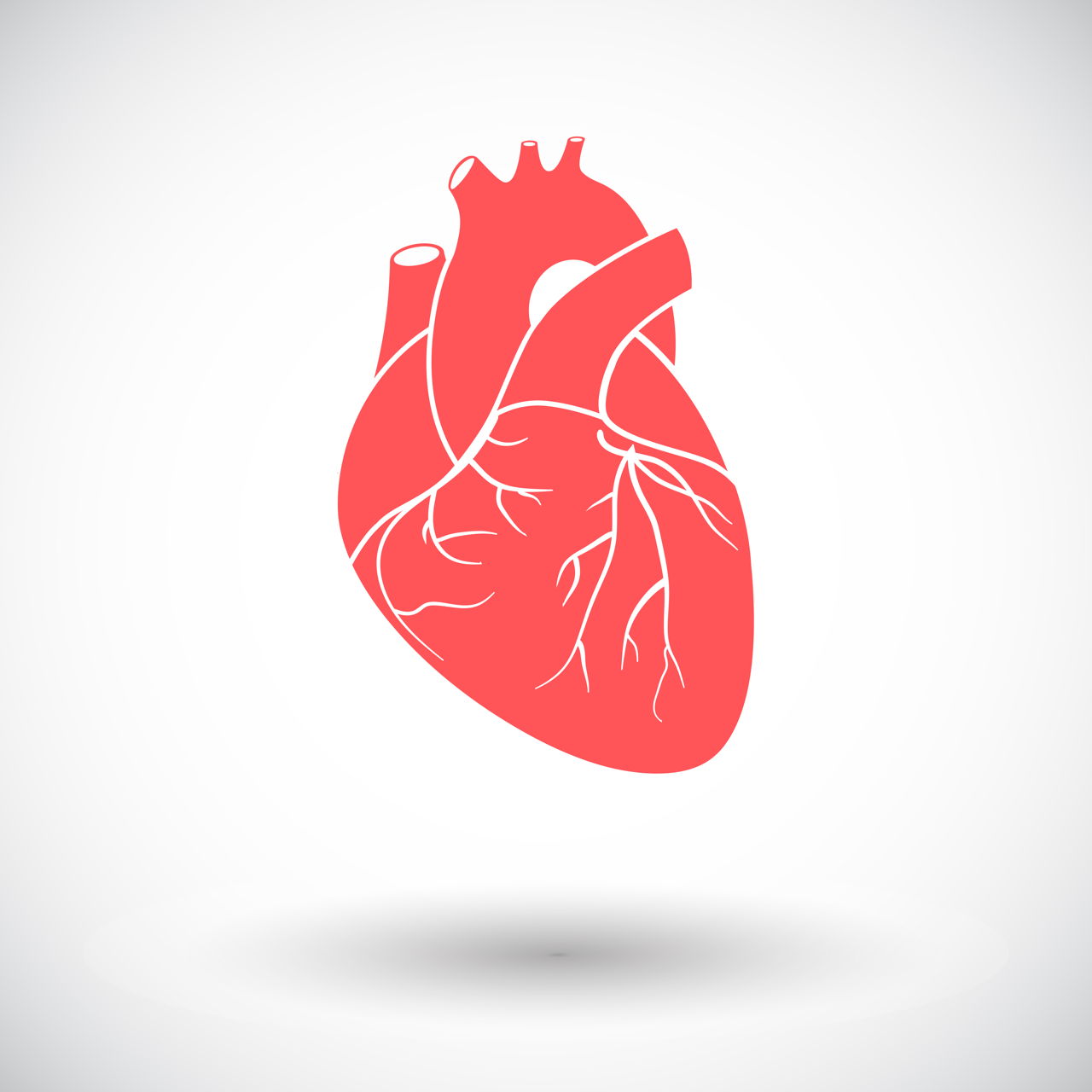
As with other surgeries, there are also a few heart transplant risks associated with this cardiac surgery. Through this article let us try to understand the risks a person may undergo after a heart transplant…
A heart transplant is normally the last resort, when other treatments to correct heart defects and problems fail. The heart is a vital organ of the body and any uncorrected issue can be life-threatening, which may also result in death. Hence, when the heart is beyond repair, and cannot be brought back to normal, it is needs to be replaced. In this case, the diseased heart of the patient is replaced with a healthy heart from a donor, to increase the longevity of the patient.
Since it is a complicated surgery, a lot of time is taken in preparing the patient for a heart transplant. There are also a few risk factors surrounding this complicated, lifesaving surgery. To undergo cardiac transplant surgery there are certain criteria that need to be fulfilled. The right candidates who are viable for undergoing this surgery are the ones who have suffered heart failure, cardiomyopathy, congenital heart disease or ischemic heart disease.
Heart Transplant Procedure : A Brief Overview
A cardiac transplant is a surgical procedure where a diseased heart of the patient is replaced with a new healthy organ. The replacement is taken from a donor, who is medically brain dead but whose heart is in proper working condition. The transplantation surgery may take more than twelve hours, based on the requirement of the patient. Before the surgery, the physician ensures that the overall health of the patient is okay, blood groups of the patient and donor match, and the patient will be able to cope up with the new heart. The tissues of the donor heart should also match that of the recipient. The surgery site is disinfected by rubbing an alcohol based solution on the chest.
Done under general anesthesia, the surgeon makes a deep incision on the chest, over the sternum or breastbone. The ribcage is sawed, thereby exposing the diseased heart. The surgeon cuts through the pericardium (protective sac, enveloping the heart) to reach the heart and the connections, or arteries are cut off. During the entire surgery, the patient is attached to the heart-lung machine, which performs the function of the heart and lungs to stabilize the patient. The machine also circulates oxygen rich blood throughout the body, especially to the heart. The damaged portion of the arteries, along with the heart are removed and the diseased heart is lifted out of the chest cavity.
The healthy heart from the donor is placed and the arterial portions are sewn together. After this procedure, which is referred to as orthotopic procedure, the incision is closed with the help of sutures. Once the pumping function of the heart is restored, the patient is removed off the heart lung machine and shifted to the intensive cardiac care ward, where his progress is monitored closely. The heart transplant cost depends on the locality and the hospital where the surgery is performed. The cost is inclusive of donor organ cost, hospital stay, doctor’s fees, medications etc. The average cost of a heart transplant surgery may range from $75,0000 – $79,0000 (an approximate value).
Heart Transplant Surgery Risks
No surgery is without risks, since there are a few factors like allergic reactions, organ rejections, surgical wounds getting infected etc. Similarly, there are also a few risk factors associated with a heart transplant. With the help of careful round the clock monitoring, routine medical care and treatment, these risks can be avoided, or at least the intensity can be controlled. Mentioned here are some of the risks in a heart transplant surgery, that have been observed in some cases.
- The person may suffer from allergic reactions due to anesthesia administered during the surgery. If the dosage of the medications is too strong, the body reacts to it, and the individual may have trouble breathing. The surgical wound may also become infected due to lack of proper hygiene. Internal bleeding, or on the wound, may also occur due to the infection.
- Post surgery, the surgeon administers immunosuppression or anti-rejection medications to prevent the body from rejecting the new organ. However, there are chances that this medication may damage the kidneys, lungs and other vital organs in the body. Another possible consequence of anti-rejection medication is the risk of triggering unhealthy growth of cells, which can end up in cancer.
- Even after administration of immunosuppression medication, there is a fear of organ rejection by the body. The body takes its own time to get adjusted to the new phase, though many a time, it successfully does get used to the new organ. But there are a few times, when the body does not get accustomed to the new replacement, and may cause problems. The signs of rejection are chest pain, breathlessness, heart palpitations etc. It can damage the heart and even lead to fatality.
- Another heart transplant risk is primary graft dysfunction, or the new organ failing to perform its function. This is one of the most apparent causes of death within a month of the surgery. The problems which affected the previous heart may resurface and affect the newly implanted organ. This can lead to organ damage and failure in the long run. In this case, the person may have to undergo another heart transplant operation, known as re-transplant.
These heart transplant risks can be avoided, if proper care and precautions are practiced before, during and after the surgery. If the surgery is a success, then the life expectancy is fairly positive. Thanks to this medical miracle, a number of people who have undergone cardiac transplant are living normal lives.


